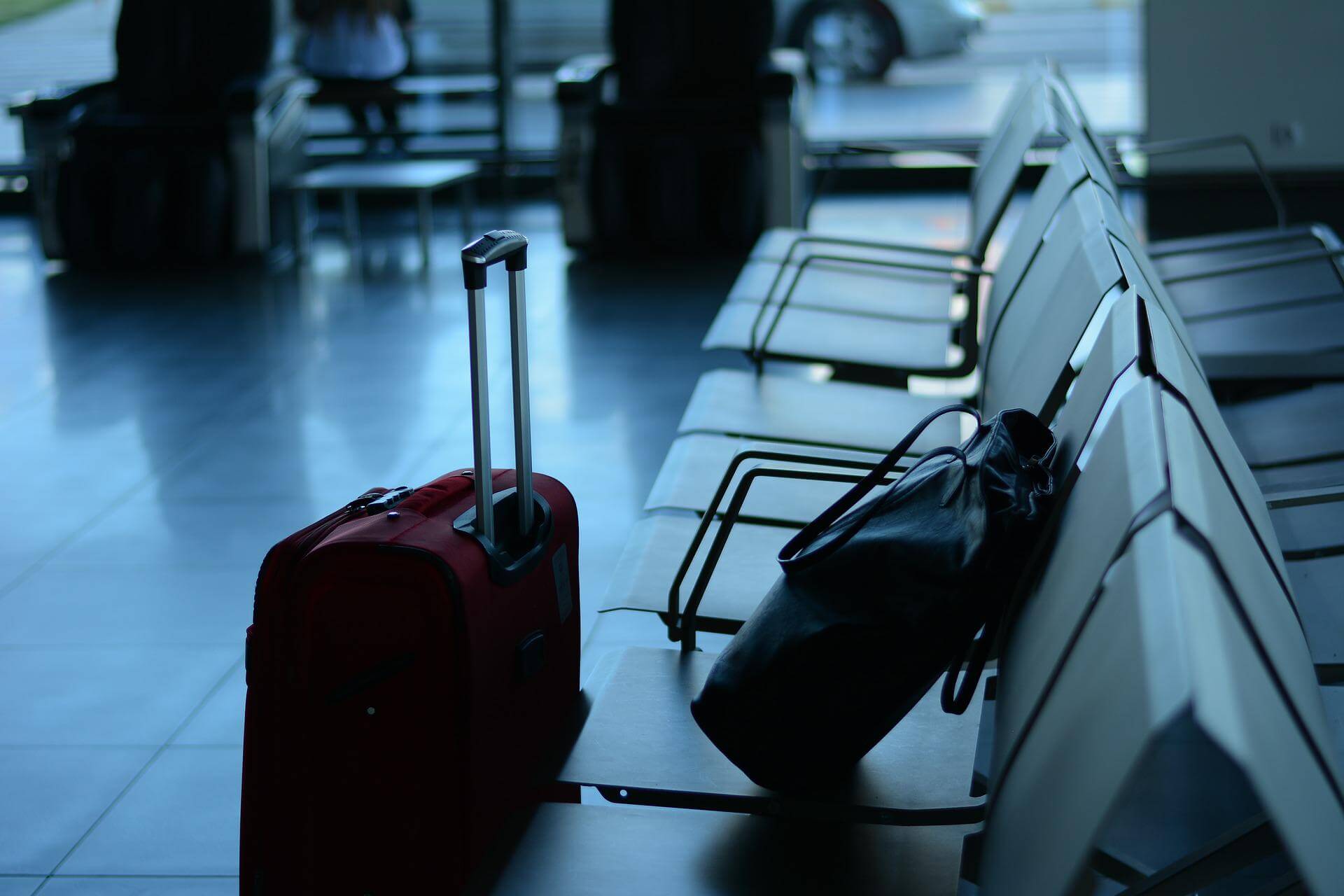Business travel is a fundamental part of the working world, perhaps for some more than others. It serves to support operations, both domestic and international, whilst helping to establish and nurture relationships with a variety of stakeholders. But does it come at a cost to the health and wellbeing of the traveller?
Employers are legally required to look after the health and wellbeing of their employees, but this has traditionally focused on the immediate office or work environment. Any policies relating to business travel often surround potential dangers of the destination – whether it be political unrest or diseases. However, regular business travellers face several different threats and hazards to their personal health and wellbeing that some employers are yet to recognise – particularly since the pandemic.
What are the potential health and wellbeing impacts?
Frequent business travel and time away from home can have a variety of impacts, both physical and mental. Physically speaking, business travellers are more likely to exercise less, eat poorer diets and suffer from interrupted sleeping patterns – all of which can contribute to the risk of chronic illnesses in the long term. Studies have shown a strong correlation between the frequency of business travel and various mental and physical health conditions such as obesity and high blood pressure. This is clear evidence that employers need to implement policies to support those who travel for business regularly, which we’ll discuss further below.
The impacts on mental health and wellbeing are equally as significant. Time away from loved ones, living in isolation and dealing with stressful situations can lead to increased anxiety levels, stress and depression. Factor in the physical risks too, such as lack of exercise and poor sleeping patterns, and employees can be at very high risk of serious mental health concerns. This is significant for the wellbeing of the employee, of course, but also is likely to have an impact on performance too. So, how can employers do more to support their frequent business travellers?
What can employers do?
Looking after employees should be a primary concern in any business, no matter how hazardous the work environment is. Employers that show care for employee wellbeing are more likely to benefit from lower staff turnover and boost productivity because of healthy workplace culture. Employees that travel regularly should be given the same level of attention. Policies should support business travellers in eating a balanced diet, encouraging exercise and maintaining a healthy sleeping pattern. Accommodation choices can have a real impact on these factors – for example, serviced apartments in regions like Singapore provide cooking facilities for homemade meals and often have fitness suites where guests can exercise.
Also consider if business trips are absolutely essential, or where employees could be given a break from the out-of-office routine. Encourage staff to give feedback on business travel policies because these will give a real indication of where new measures need to be introduced. 
















